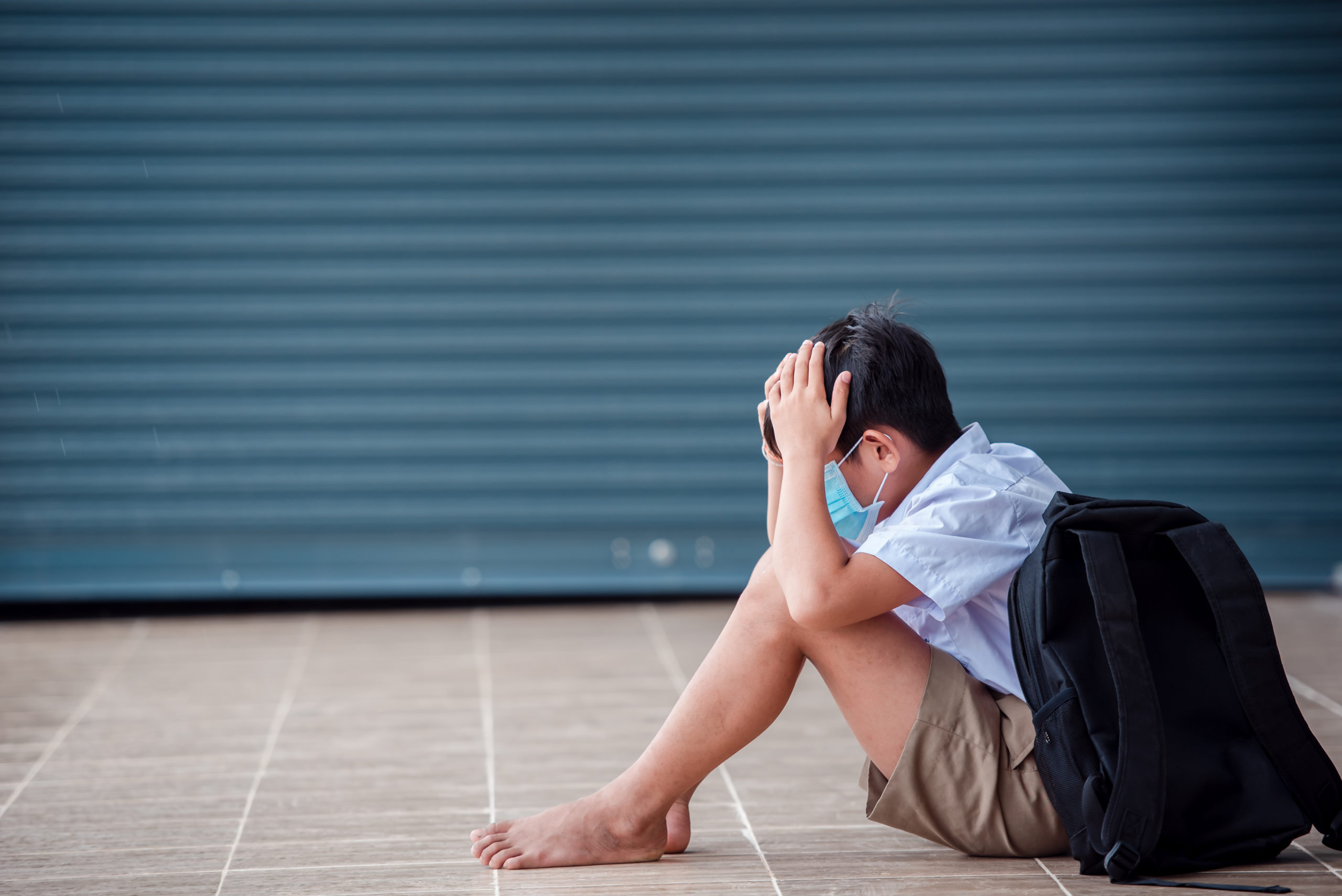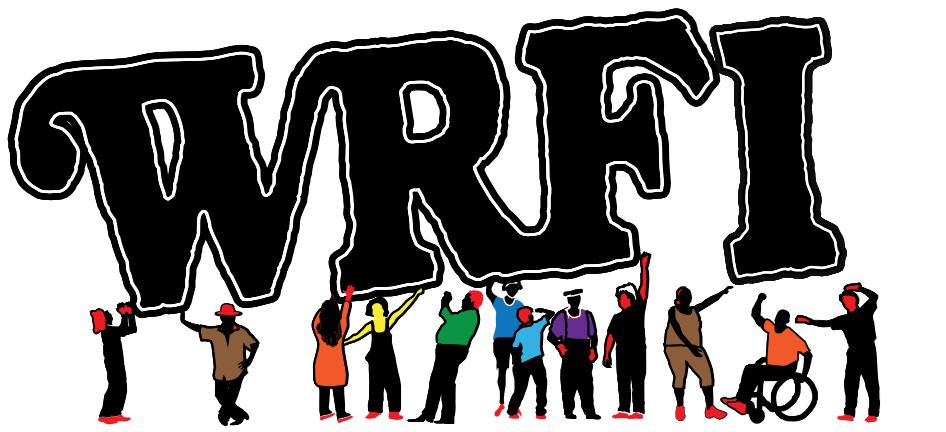As Kids Return to School, Mental Health is on the Mind

Recent Kaiser Family Foundation research shows more than 20% of parents with children ages 5 to 12 say their kids' emotional health has declined since March 2020. (Adobe Stock)
RIVERHEAD, N.Y. -- As New York schools gear up for the fall term, physical and mental well-being of kids in grades K-12 is in the forefront, especially with all in-person instruction returning for many this month.
Dr. Rhonda Randall, chief medical officer for UnitedHealthcare Employer and Individual, offered tips for supporting children's mental well-being, and said while some young people are excited to get back into the classroom, for others it is a stressful time.
She noted parents and guardians should listen and watch kids for emotional changes.
"It can be changes in mood, changes in sleep patterns, changes in appetites, changes in their academic performance," Randall outlined. "And not being afraid to pick up on that early and have a conversation with your child and just ask some open-ended questions."
The New York State Education Department is advising schools to follow Centers for Disease Control and Prevention advice, which recommends schools require universal indoor masking, regardless of vaccination status.
For many, stress doesn't disappear with precautions in place. Randall encouraged parents to validate their kids' feelings, and establish a routine, with good sleep and nutrition.
A recent report from the Kaiser Family Foundation found 25% of high school students have experienced worsening emotional health since the pandemic began.
Gregory Wallace, president of the Riverhead Central Faculty Association in Long Island, said young people in his district were no exception to mental-health challenges.
"Some students outwardly were struggling, and there's a lot of people that just struggle in silence, because they don't speak up, or at their age, they're unable to advocate for themselves, that it's OK to not be OK," Wallace observed.
He is hopeful the addition of seven psychologists, four social workers and three guidance counselors to the district this fall will help all students in need, after a previous restructuring left the department understaffed.
Randall echoed the importance of professional help, adding kids who seem to be struggling can also see their pediatrician to create an action plan.
"They have known your child for many years and have that history with them," Randall pointed out. "They're a good place to start and can be a place where you can get your initial screening if you're concerned that there may be something more significant, like anxiety or depression."
She also emphasized the importance of discussions with kids about being flexible with school, since the pandemic will likely bring more contact tracing, quarantine and online classes.
